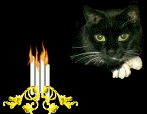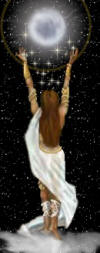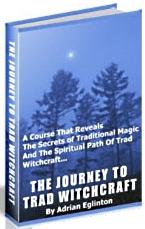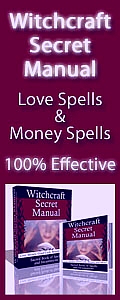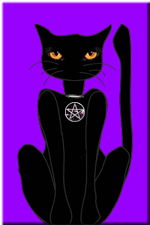
Wicca - A Force For Good In The World
The Pagan community encompasses a diverse group of followers with a multitude of individual beliefs and practices. Many of the practices are ancient in origin, some are more contemporary. There are numerous theological beliefs from pantheism to polytheism to monotheism to atheism. Wicca is one of the more popular areas of belief practices within the Pagan community, combining ancient arts of healing, magick, and nature-centric devotion, along with a more contemporary New Age focus.
The most common element of Pagan beliefs is a belief in the power and unity of nature, an understanding of being a part of the whole of nature with a connection to all other parts. The guiding symbol of Wicca, the pentagram, is indicative of the central tenants of nature-centric belief with its five points representing the five basic elements of earth, fire, water, air, and spirit. With nature being the source of all life, the feminine spirit is revered, often in the form of a goddess representation which may reflect to some a deity, to others a familiar representation of the life force of nature that is embodied within all living things.
The individual beliefs and practices within the Pagan community allow for a wide range of expression. Unlike major world religions, there is no single dogma that connects practitioners and no hardened rules of belief or behavior. The only guideline that is generally considered fast among Wicca practitioners is called the Wicca Rede which states, "an it harm none, do as ye will." This emphasizes a code of personal behavior and responsibility answerable to no others as long as no others are hurt or harmed by the behavior. Many also believe in the tenant of the Law of Threefold Return, which means that any action done to others will be returned with benefits or consequences times three. Good deeds result in three times the goodness returned, evil deeds will suffer the return of three times the pain.
The practices of Wicca believers vary among the practitioners from the solitary to those who share ritual observances within small, intimate groups. Some practice magick, performing ritualized spells for protection, healing, prosperity, fertility, love, or success for themselves or others. Others are healers, employing the use of natural herbs. Still others exhibit their belief towards community conservation efforts.
In short, Wicca is a force for good in our world today, more than ever before. With a reverence for nature and a dedication to the stewardship of the planet and all living things, it offers a succinct message that the continued evil deeds of the poisoning and destruction of our environment will ultimately be returned times three with the destruction of humanity.

